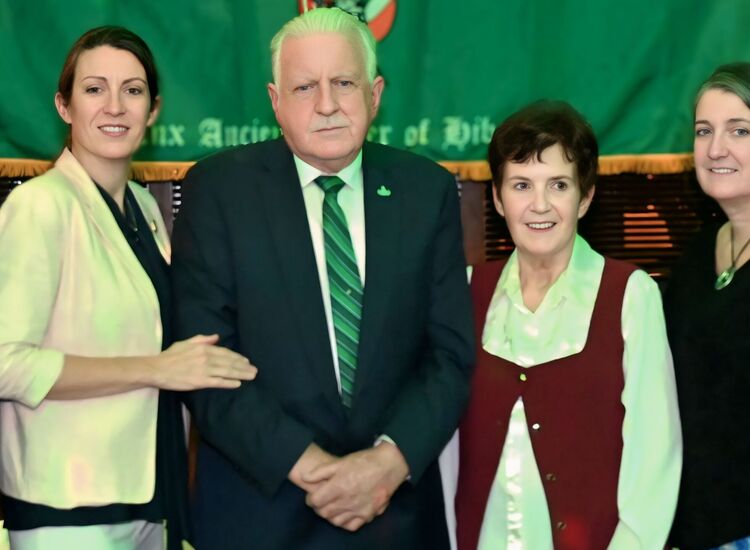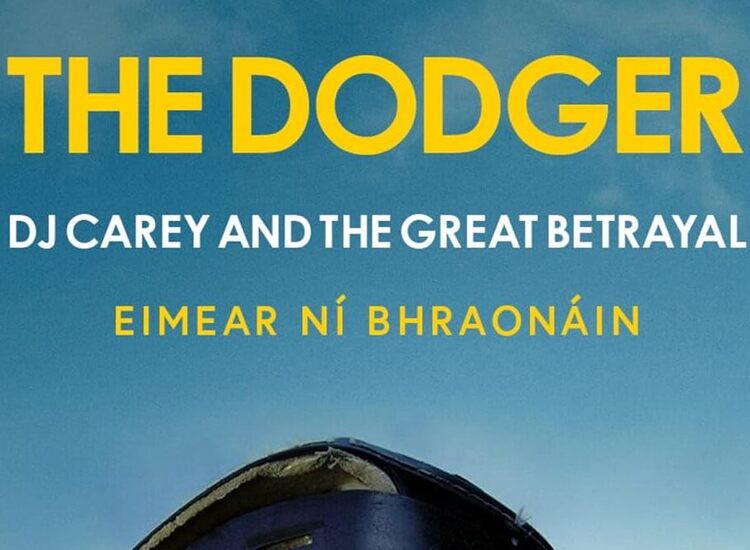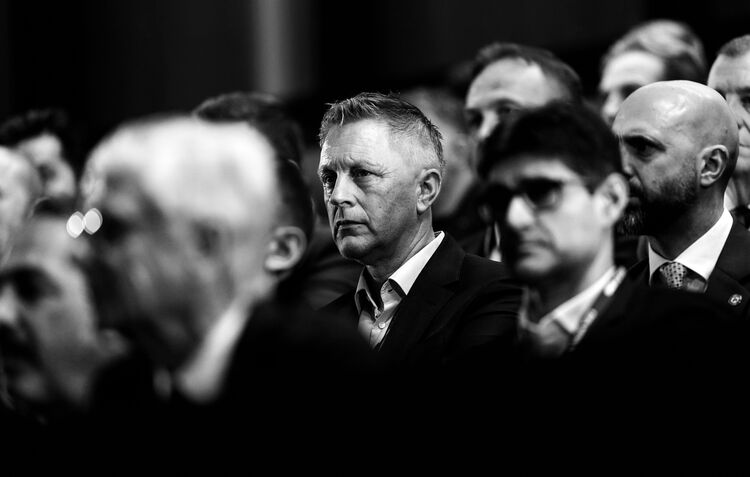Between the Lines / By Peter McDermott
[Published in the Feb. 18-24, 2005, print/digital edition of the Irish Echo.]
[caption id="attachment_80253" align="alignnone" width="238"] Pope_Francis_Korea_Haemi_Castle_19_(cropped)[1]![Pope_Francis_Korea_Haemi_Castle_19_(cropped)[1]](https://www.irishecho.com/wp-content/uploads/2015/09/Pope_Francis_Korea_Haemi_Castle_19_cropped1-238x300.jpg)
Eamon Duffy, in the New York Review of Books issue dated Feb. 19, tries to explain something about Jorge Mario Bergoglio, the Argentine who took up residence in Rome in March 2013 as Francis I.
The author, early on in his 4,000-word review article, gets to grips with one central puzzle for the outsider: Francis is doctrinally orthodox on the most of the church’s hot-button issues, so why are its conservatives less than enthusiastic about him? Well, not all of them; John Paul II biographer and confidante George Weigel has stressed the “seamless continuity” between the pope and his two immediate predecessors. But many identify with the outrage expressed by Cardinal Raymond Burke of St. Louis, who has compared the church to a “ship without a rudder.”
“It’s not hard to see why,” writes Duffy, emeritus professor of the History of Christianity at Cambridge University. “In a series of interviews and speeches, Francis has deplored clergy who ‘play Tarzan’—church leaders too confident of their own importance, moral strength, or superior insight. The best religious leaders in his view are those who leave ‘room for doubt.’ The bad leader is ‘excessively normative because of his self-assurance.’ The priest who ‘nullifies the decision-making’ of his people is not a good priest, ‘he is a good dictator.’ Bergoglio has even said that the very fact that someone thinks he has all the answers ‘is proof that God is not with him.’ Those who look always ‘for disciplinarian solutions…long for an exaggerated doctrinal “security,” those who stubbornly try to recover a past that no longer exists’ have ‘a static and inward-directed view of things,’ and have turned faith into ideology.”
The County Louth native Duffy says: “Opening the Synod on the Family in October 2014 that, among much else, dealt with the fraught issues of sexuality, contraception, divorce, and remarriage, Francis encouraged the bishops to express their views frankly. No one should be silent or conceal his true opinions, ‘perhaps believing that the Pope might think something else.’”
This is obviously somewhat disorientating for those who were happy seeing departures from the official line labeled as “dissent.”
“Perhaps most momentously,” Duffy says, “Francis has pointed the church away from culture wars with secular society that were such a feature of Benedict’s papacy, toward a less confrontational approach to the social circumstances in which the faithful have to live, and a more fruitful reengagement with the church’s mission to the poor and underprivileged, in whom he sees both the natural and the most receptive hearers of the Gospel.”








